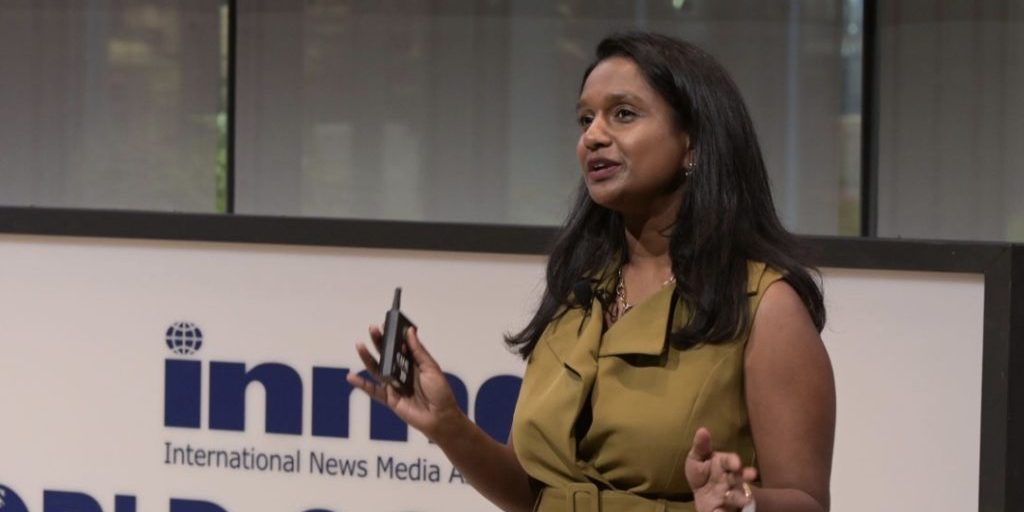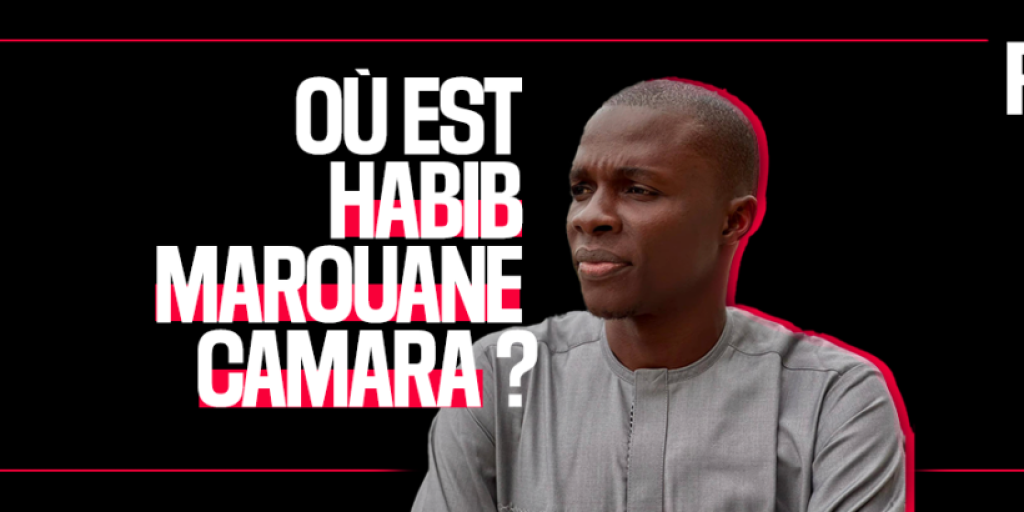From Lagos to Joburg: the fight to define Africa’s media narrative
PICTURE: Kaybee Photography/Pexels
In today’s hyperconnected world, controlling the narrative is as powerful as controlling territory.
While Africa has long battled external misrepresentations in global media, a new front has opened within the continent itself from Lagos to Nairobi, Accra to Johannesburg where African voices are struggling to reclaim and reshape the continent’s image in the digital and broadcast arenas.
The battle for Africa’s media narrative is no longer just about how the world sees us, it is about how we see ourselves.
For decades, Africa was depicted in international media through a narrow, reductive lens: a continent defined by poverty, war, disease, and dysfunction. This portrayal largely shaped by Western journalists and foreign media conglomerates stripped Africans of nuance, agency and complexity. It rendered 54 diverse nations as a single ‘dark continent’ in perpetual crisis.
This framing wasn’t accidental; it served geopolitical and economic interests, reinforcing Africa’s position on the global periphery. When you control the story, you control perception and perception shapes policy, aid, investment and international relations.
As the Nigerian writer Chimamanda Ngozi Adichie warned, ‘the danger of a single story’ is not just distortion, it is erasure.
Fortunately, a shift is underway. African filmmakers, journalists, podcasters and digital creators are challenging the status quo. From Nigeria’s booming Nollywood industry to Kenya’s investigative journalism and Ghanaian YouTubers redefining vlogs, African storytellers are taking back the mic.
Lagos and Nairobi, as cultural and media hubs, exemplify this shift. In Lagos, the rise of Afrobeats, social satire, and web series has shown the world a vibrant, humorous, resilient Nigeria. Nairobi’s media space, rich with tech-savvy youth and bold newsrooms, has exposed corruption, championed civic engagement and given voice to marginalised communities.
These cities symbolise an Africa that is young, restless and unwilling to be spoken about without speaking for itself.
Social media platforms especially X, TikTok, Instagram and YouTube have democratised content creation, allowing everyday Africans to challenge stereotypes, celebrate their cultures, and document realities often ignored by mainstream outlets.
These platforms have birthed new celebrities, opinion leaders and movements from within Africa, for Africans and by Africans. Yet even within this renaissance lies tension. Much of Africa’s media infrastructure remains heavily influenced or owned by foreign interests.
From satellite providers to advertising agencies and content distribution channels, the gatekeepers often sit abroad. Algorithms still favour Western content, English-language narratives and global trends pushing African stories to the margins even in African markets
Furthermore, many African media houses face censorship, underfunding, political interference and corporate pressure. Journalists in various countries risk arrest, intimidation, or worse for telling the truth.
This internal repression hinders the free flow of ideas and limits the media’s potential to catalyse change.
There is also a growing concern over the replication of harmful narratives within Africa itself. Classist, colorist, and Westernized ideals dominate screens. Rural voices are sidelined. Local languages are disappearing from airwaves. In the quest to look “modern,” many media outlets inadvertently mimic the same Eurocentric frameworks they once sought to resist.
To win the battle for Africa’s media narrative, we must go beyond representation, we must seek transformation. African media must not only tell African stories but also shape African consciousness
This means investing in local content, nurturing independent journalism and supporting creative industries with meaningful policies and funding.
Pan-African collaboration is key. Why should a Nollywood film struggle to find distribution in Tanzania? Why are Kenyan documentaries not on screens in Senegal? A unified African media market could allow creators, journalists, and audiences to share stories across linguistic, cultural and regional divides fostering solidarity and mutual understanding.
Moreover, African governments, private sectors, and civil societies must protect press freedom, promote digital literacy and fight disinformation. Without trust in our media, the battle for narrative is lost before it begins.
The question is no longer whether Africa will speak for itself. The question is: who will listen, and how will those voices be amplified?
From Lagos to Nairobi, the fight to define Africa’s story is a fight for dignity, ownership, and truth. It is a struggle not just for image, but for identity.
- Isah a science educator, writer and pan-African thinker devoted to promoting ethical education, youth empowerment and African unity. Through his writings, he advocates for truth, self-reliance, and the revival of values that strengthen the continent
- This article was first published here




